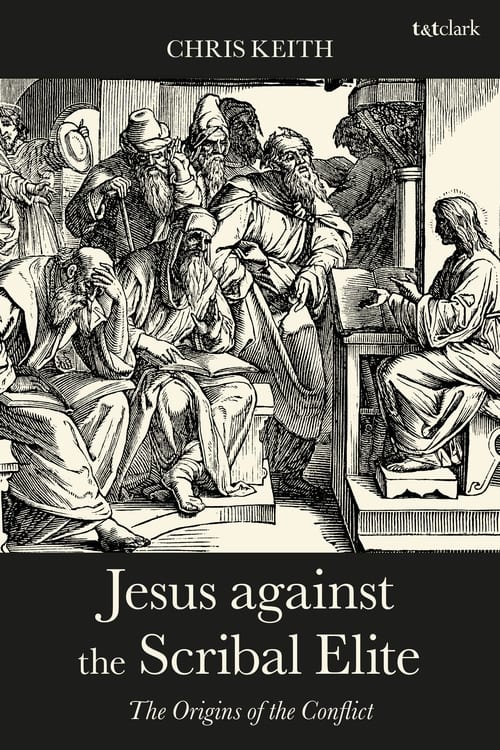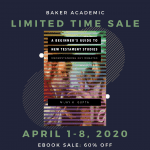This blog series spotlights 50 NT scholars and their research. The goal of this series is to introduce readers to a wider circle of scholarship than they have encountered. The majority of people on this list are early or mid-career NT scholars who are doing great research and writing.

Explain why you love teaching and/or writing, and why it brings you vocational satisfaction.
What is one “big idea,” emphasis, or theme in your scholarship that you hope impacts the way students and scholars read and understand the NT?
Who is your academic hero and why?
Name a few academic books that were formative for you as a student.
It’s not Biblical Studies per se (or at all), but early on Mark Noll’s The Scandal of the Evangelical Mind was pretty important for me. I didn’t grow up evangelical exactly, but the church tradition I was from was socially, politically, and theologically conservative. That book gave me some wider sense of some of the distinctive cultural features of conservative theological traditions, in particular their love/hate relationship with academia.
H. Gregory Snyder’s Teachers and Texts in the Ancient World had a big impact on how I viewed teachers and their appeals to written authority as social capital in antiquity and is probably still my favorite academic book. The margins of my copy of that book are just filled to the brim with notes. Similarly, during my doctoral work, Harry Gamble’s Books and Readers in the Early Church was formative in that it made me think in new ways about how the whole history of early Christianity could be conceptualized as a kind of “book history.”
Read Keith’s Work
Jesus against the Scribal Elite, rev. ed. (T&T Clark, 2020)
The Reception of Jesus in the First Three Centuries (T&T Clark, 2020)
The Gospel as Manuscript (Oxford University Press, 2020)
Read Keith’s Work ONLINE
Follow Keith on Social Media



















